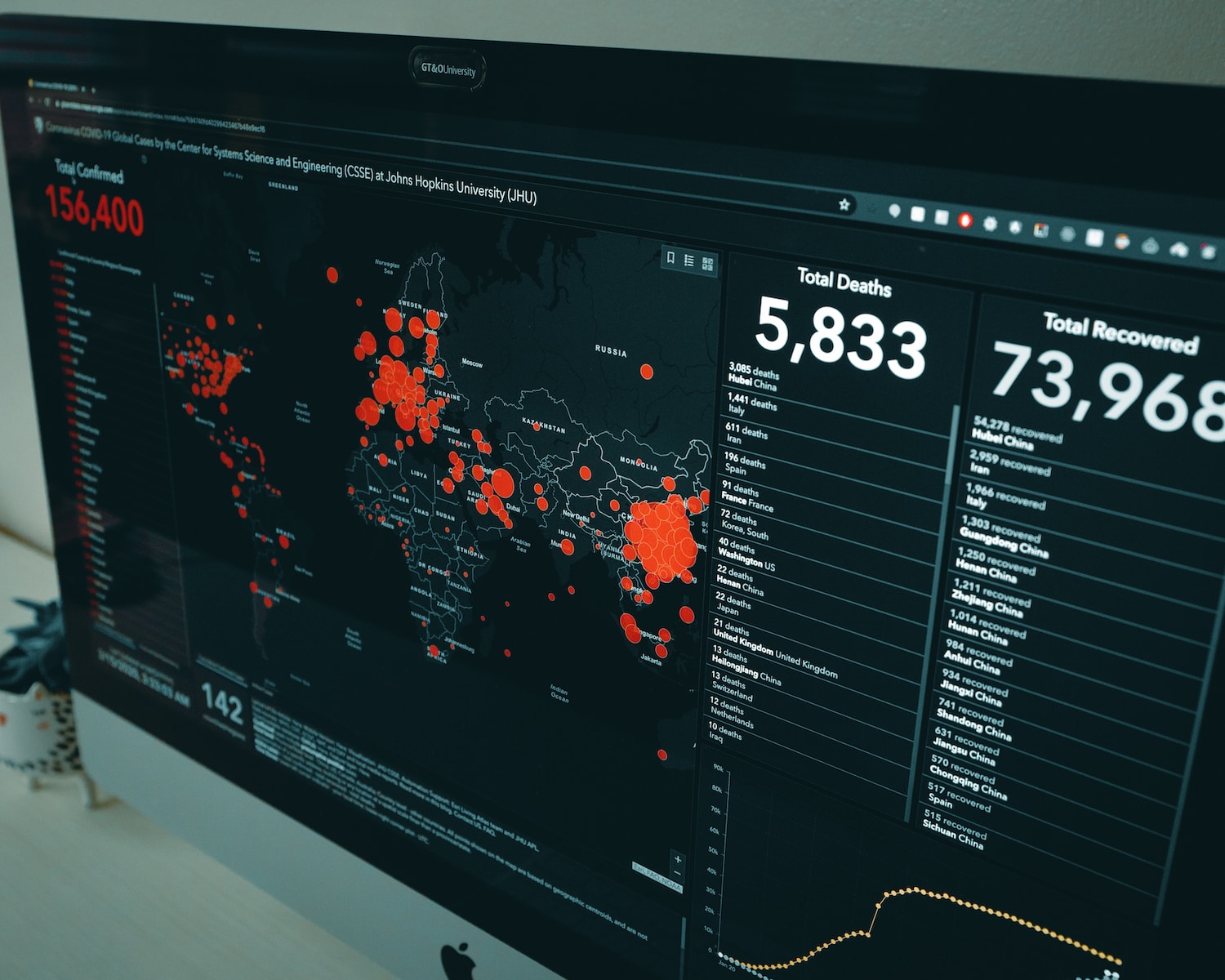US Justice Department Sues Live Nation for Monopolizing Live Events Industry
The US Justice Department (DOJ) has filed a lawsuit against Live Nation, accusing the entertainment company and its subsidiary, Ticketmaster, of monopolizing the live events industry. The antitrust lawsuit was launched on Thursday by the DOJ, along with 30 US states and the District of Columbia. US Attorney General Merrick Garland stated, “It is time to break up Live Nation.”
Live Nation merged with Ticketmaster in 2010, and the DOJ claims that through Ticketmaster, Live Nation now controls approximately 80% or more of primary ticketing for concerts at major venues. A Live Nation spokesperson responded to the lawsuit, stating that the company will defend itself “against these baseless allegations.” They also argued that the DOJ’s case “ignores the basic economics of live entertainment” and that the DOJ would lose in court.
Ticketmaster, which dominates the ticketing industry, has faced criticism for years from fans and artists alike for its hidden fees, rising costs, and limited ticket availability due to presales. The company’s dominance in the industry came under scrutiny in 2022 when Ticketmaster was forced to cancel its general sale of tickets for Taylor Swift’s highly anticipated Eras tour due to “extraordinarily high demand.” At the time, Swift publicly criticized Ticketmaster, stating that it was “excruciating for me to just watch mistakes happen with no recourse” after her fans reported long wait times and site outages during the presales.
This legal action highlights the Biden administration’s aggressive approach to promoting competition in various industries, including “big tech,” healthcare, and groceries. In March, the Justice Department filed a lawsuit against Apple, alleging that the tech giant holds a monopoly in the smartphone market.
US Attorney General Garland stated that Live Nation’s “unlawful, anticompetitive conduct” has allowed it to control the live events industry in the United States, to the detriment of fans, artists, smaller promoters, and venue operators. He further explained that as a result, fans pay higher fees, artists have fewer performance opportunities, and smaller promoters are squeezed out.
The lawsuit claims that Live Nation directly manages over 400 musical artists and controls approximately 60% of concert promotions at major venues. The company also owns or controls more than 265 concert venues in North America.
In 2010, the Justice Department approved Ticketmaster’s controversial merger with Live Nation, with conditions intended to prevent the combined company from harming competition. However, in 2020, a court extended most of the DOJ’s oversight of the merger to 2025, stating that Ticketmaster had retaliated against stadiums and arenas that chose to use other ticketing companies.
Live Nation has previously stated that its business practices are legal and that the DOJ’s investigation was prompted by complaints from competitors, including re-sellers. In response to the lawsuit, a Live Nation spokesperson stated that it “won’t solve the issues fans care about relating to ticket prices, service fees, and access to in-demand shows.” They also argued that “calling Ticketmaster a monopoly may be a PR win for the DOJ in the short term, but it will lose in court because it ignores the basic economics of live entertainment,” stating that most service fees go to venues.
The DOJ’s lawsuit against Live Nation serves as a reminder of the government’s continued efforts to promote fair competition in various industries and protect consumers from monopolistic practices.







